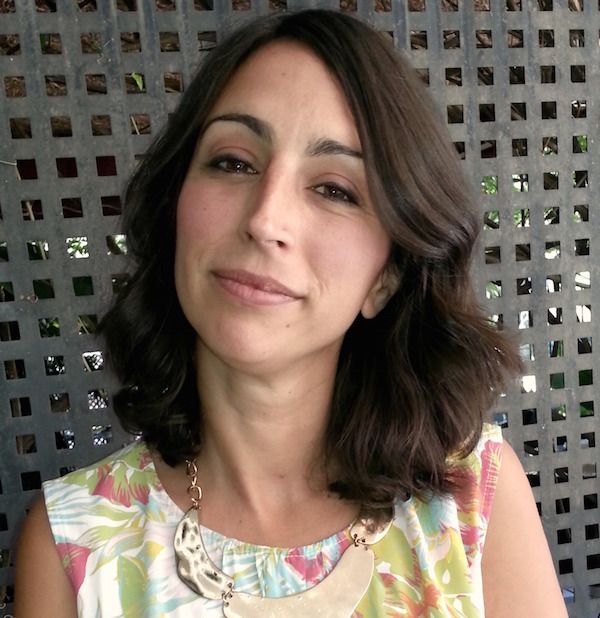3 Reasons You're Afraid of Speaking in a Foreign Language and What You Can Do About It

When I get new students I often hear the same complaint: "I don’t have enough confidence and I would like you to help me." Some of my students, who actually speak quite well, say that when they have to use English they get very nervous and end up speaking much worse than they actually can.
Does this sound like something that happens to you? Let's examine the main reasons you get scared of speaking a foreign language and what you can do to overcome it.
undefined
1. You are afraid native speakers are laughing at your poor language skills
When learning a language you have to remember two things.
- First, no one is born knowing how to speak any language. When we were babies, we spent at least a year before we made a coherent sound and two years before we put three words together (sounds just like going to a foreign language class, doesn’t it?). When we started speaking, we made mistakes because we were learning, and adults sometimes laughed – not to mock us – but because they thought it was sweet and cute (and because sometimes babies make mistakes that are funny!).
It’s the same when we encounter a learner of our language. We do not laugh at them, but sometimes they say funny things and we like it!
- Second, we love when someone learns our language. It’s universal in every country I have ever been to. Even speaking three or four words gets you respect from locals who appreciate that you are trying to make it easier for them to understand you.
So remember, native speakers are not laughing at you, but are enjoying communicating with you.
2. You are embarrassed because of your accent or pronunciation
Accents are exotic! I love hearing people speak English with their accents, whether they be Italian, Spanish, Thai, Japanese, or any other kind of accent. It makes communicating interesting and gives conversations a special charm. I love being in a group of people from all over the world and listening to the different rhythms and music that they bring to English.
As for pronunciation, it’s true that sometimes mispronouncing a word can make communication harder if people do not understand what you are saying. If you are having problems with this, I suggest asking a native speaker to pronounce a word you are having trouble with so you can repeat it, or also going to class and having a teacher help you out with the sounds that you find hardest. It can take a little practice and effort, but all of my students have managed and so can you.
3. You cannot express your ideas in a foreign language as well as in your own language
Sometimes you feel that when speaking a foreign language, it takes you a lot of words to express something that would take you two seconds to say in your language. In other words, you lack fluency. This is because you are still thinking in your language when you speak. It takes practice to learn the “shortcuts” in a foreign language.
The best way to gain fluency in a foreign language is to practice with a native speaker. The good news is that on Verbling there are a lot of people willing to help you out, either in group classes, through a private tutor, or by signing up to take part in the community practice groups. You can also go to the country whose language you are learning, or, if you don’t have the time or the resources, simply open your ears around your own country. Chances are that there are travelers speaking the language you are learning. Don’t be shy, talk to us! We love meeting locals and it’s a great opportunity to practice your language skills and meet new people.
undefined
To sum up, in order to gain confidence in a foreign language you need to stop worrying about what others think because they are probably respecting you and appreciating your efforts. You also need to practice as much as you can because the more you speak, the less mistakes you will make.
In other words, practice makes perfect, so take advantage of every opportunity!
undefined
undefined
About the author:
Trini was born in Spain and raised in the USA and is fully bilingual in English and Spanish. She currently lives in Belgium, the heart of Europe, and has been teaching English since 2005.
Her background living in several countries, as well as having studied geology, worked in environmental consulting, and later in business English teaching for several companies, gives her a broad perspective for language training in many fields and industries.
She has worked helping people improve English for their jobs, coached them for important meetings, interviews, or presentations. Her students include young people trying to get ahead, experienced managers and CEOs of big companies, as well as those seeking help for official exams, or simply those wanting to improve their conversational English to travel and make friends.

Book a Private Session with Trini Now!
2015年11月25日





